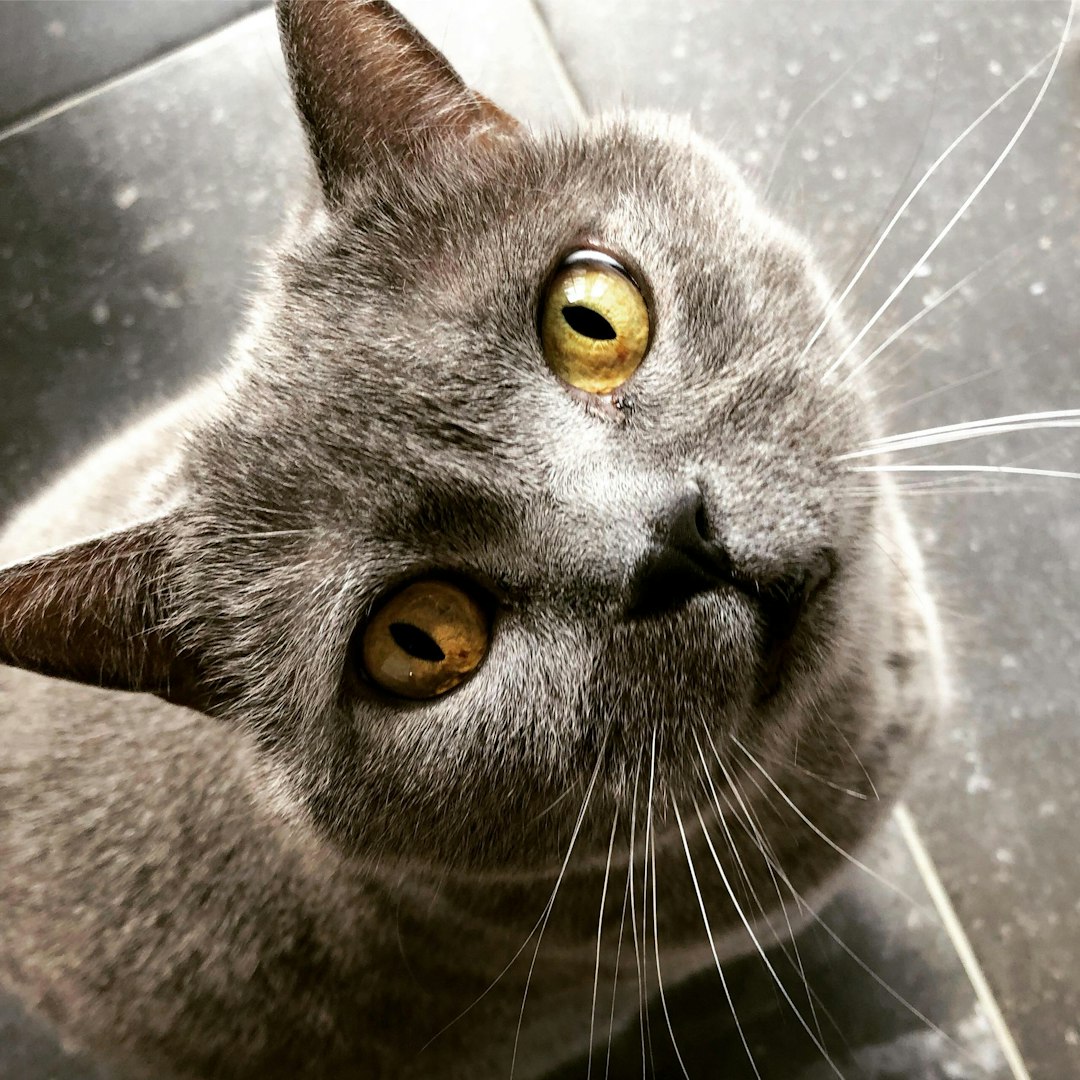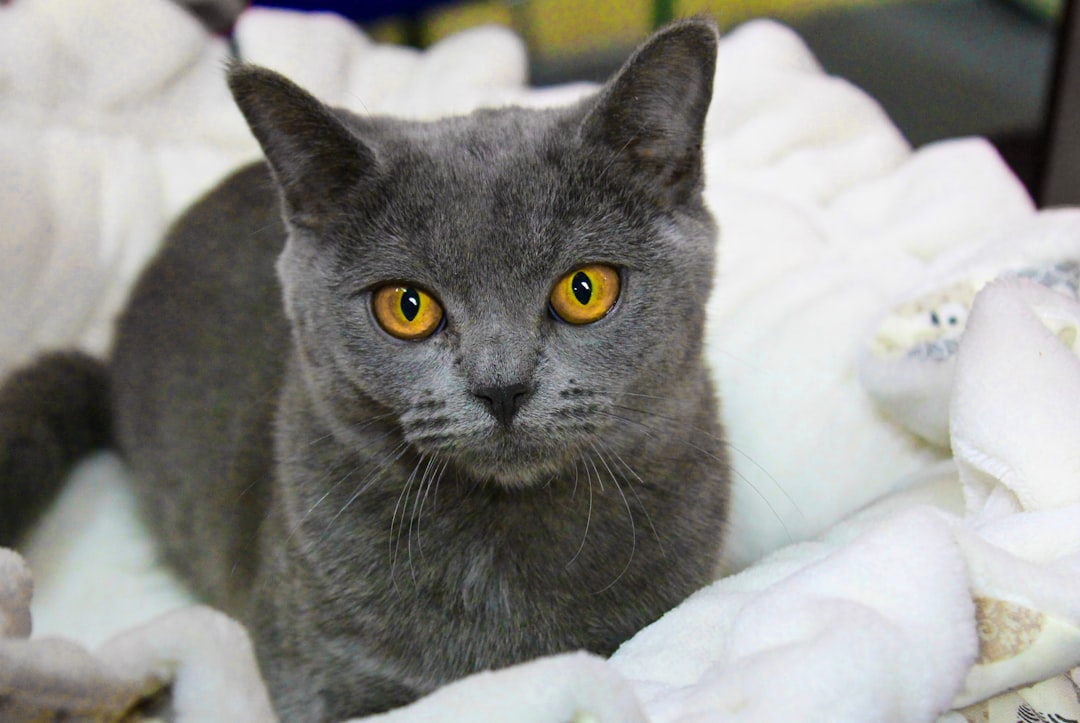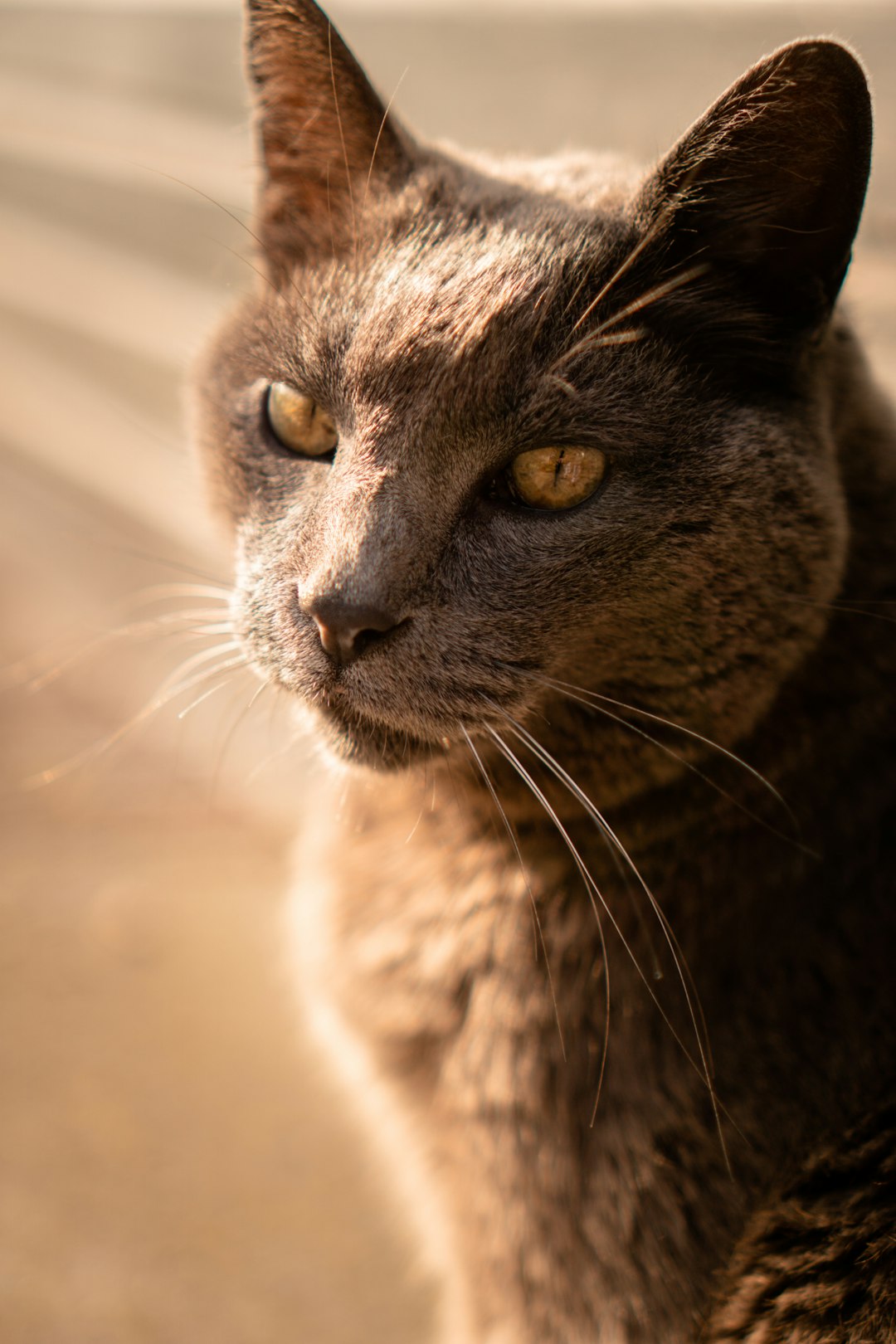Discovering cat poop blood in your feline companion’s litter can be alarming for pet owners. Understanding the potential causes behind this unsettling symptom is crucial for ensuring your cat’s health and well-being. Various health issues, ranging from minor digestive upsets to serious conditions, can lead to blood in the stool. In this post, we’ll discuss when to seek veterinary care, at-home remedies for mild cases, and essential dietary changes to enhance your cat’s digestive health. By staying informed and proactive, you can help safeguard your cat’s life.
Understanding the Potential Causes of Blood in Cat’s Stool
Noticing cat poop blood can be alarming. However, understanding the causes helps in addressing the issue effectively. Here are some potential reasons for blood in your cat’s stool:
Gastrointestinal Infections: Bacterial, viral, or parasitic infections can lead to inflammation, causing cat poop blood.
Dietary Issues: Abrupt diet changes or consumption of indigestible materials may irritate your cat’s digestive tract.
Inflammatory Bowel Disease (IBD): Chronic inflammation in the intestines can disrupt normal function, resulting in blood.
Trauma: Injuries to the gastrointestinal tract can lead to bleeding.
Tumors: Abnormal growths in the intestines, while less common, can cause serious complications and bleeding.
Hemorrhagic Gastroenteritis: This severe condition results in acute bloody diarrhea and requires immediate attention.
To summarize, observing cat poop blood can signal several underlying health problems. If your cat experiences this symptom alongside other signs, such as vomiting or lethargy, it’s crucial to consult a veterinarian for a proper diagnosis and treatment.

Common Health Issues Associated with Blood in Cat’s Poop
Noticing cat poop blood can be alarming for any pet owner. It often indicates underlying health issues that require attention. Here are some common conditions that can lead to blood in a cat’s stool:
- Gastrointestinal Infections: Bacterial or viral infections can cause inflammation and bleeding in the intestines.
- Parasites: Intestinal worms, such as hookworms or roundworms, can lead to significant irritation and bleeding.
- Inflammatory Bowel Disease (IBD): This chronic condition can result in severe inflammation, leading to mucus and blood in the poop.
- Dietary Indiscretion: Consuming inappropriate foods triggers digestive upset, which could manifest as blood in the stool.
- Trauma: Accidental injuries to the intestines can result in bleeding.
| Condition | Symptoms | Notes |
|---|---|---|
| Gastrointestinal Infections | Diarrhea, vomiting | Often accompanies fever |
| Parasites | Weight loss, lethargy | Regular stool checks recommended |
| Inflammatory Bowel Disease | Chronic vomiting, weight loss | Requires lifelong management |
| Dietary Indiscretion | Acute stomach upset, diarrhea | Avoid sudden dietary changes |
| Trauma | Pain, changes in behavior | Immediate veterinary attention needed |
If you observe cat poop blood, it’s essential to consider these health issues and monitor your cat for any additional symptoms.
When to Consult a Veterinarian
Noticing cat poop blood can be alarming, and knowing when to seek veterinary help is crucial for your furry friend’s health. Here are some key indicators that warrant an immediate visit to the vet:
- Persistent Blood: If you notice blood in your cat’s stool for more than one day, it’s essential to consult a veterinarian.
- Accompanying Symptoms: Look for other signs of distress, such as:
- Vomiting
- Diarrhea
- Lethargy
- Loss of appetite
- Change in Behavior: If your cat suddenly becomes withdrawn or less active, this may indicate a serious issue.
- Quantity of Blood: A large amount of blood, or blood mixed with mucus, is more concerning and should prompt a veterinary visit.
In summary, while some mild cases of cat poop blood might not require immediate attention, observing these symptoms can help you determine if scheduling a vet appointment is necessary to ensure your cat’s health and well-being.
At-Home Remedies to Manage Mild Cases
If you notice cat poop blood but suspect it’s a mild issue, there are several at-home remedies you can try to manage the situation. These methods can help improve your cat’s digestive health and alleviate minor concerns:
Hydration: Ensure your cat drinks enough water. Proper hydration helps dilute potentially harmful substances.
Dietary Adjustments: Introduce a high-quality, easily digestible diet. Consider options that include:
- Canned pumpkin: Excellent for digestion.
- Boiled chicken: Lean protein that is gentle on the stomach.
- Specialized cat food: Designed for sensitive stomachs.
Probiotics: Adding probiotics to your cat’s diet can restore healthy gut flora. Look for cat-friendly probiotic supplements.
Monitor Symptoms: Keep an eye on your cat’s behavior and fecal output. If the blood persists or worsens, action is necessary.
Stress Reduction: Create a calm environment to reduce stress, which can worsen digestive issues.
While these remedies may help with mild cases, remember that persistent cat poop blood warrants a veterinary checkup. Always prioritize your cat’s health and consult with a professional for persistent symptoms.

Diagnostic Tests for Identifying Serious Conditions
When you spot cat poop blood, it’s crucial to understand the underlying causes. To accurately diagnose serious conditions, vets often recommend a variety of diagnostic tests, which may include:
- Fecal Examination: Analyzing your cat’s stool helps identify parasites, bacteria, or other abnormalities.
- Blood Tests: These tests assess the overall health and identify infections, organ function, or blood disorders.
- Ultrasound or X-rays: Imaging tests can reveal structural problems or blockages in the digestive tract.
- Endoscopy: This minimally invasive procedure allows vets to view the gastrointestinal tract directly and obtain tissue samples.
Comparison of Diagnostic Tests
| Test Type | Purpose | Invasiveness | Time Required |
|---|---|---|---|
| Fecal Examination | Identify parasites/bacteria | Non-invasive | Quick |
| Blood Tests | Assess organ function/infections | Non-invasive | Hours to days |
| Ultrasound/X-rays | Check for blockages/structural issues | Non-invasive | Minutes |
| Endoscopy | Direct view & tissue sampling | Minimally invasive | Hours |
Prompt diagnosis is essential when dealing with cat poop blood to ensure your feline friend receives appropriate treatment. If you notice signs, consult your veterinarian for advice on the necessary tests.
Dietary Changes to Improve Digestive Health
Making appropriate dietary changes can significantly affect your cat’s digestive health, especially when dealing with the issue of cat poop blood. Here are some adjustments to consider:
High-Quality Cat Food: Pick premium cat food rich in nutrients. Look for options that are high in protein and low in fillers. These help in improving overall digestion.
Increase Fiber Intake: Introduce fiber-rich foods like canned pumpkin or psyllium husk. Fiber aids in promoting healthy bowel movements and may help prevent constipation, which can be a cause of cat poop blood.
Hydration: Ensure your cat has access to fresh water at all times. Dehydration can complicate digestive issues and lead to harder stools.
Consistent Feeding Schedule: Maintain a regular feeding schedule to help regulate digestion.
Probiotics: Adding probiotics can improve gut health. These beneficial bacteria can restore balance and may reduce problems leading to cat poop blood.
Comparison of Dietary Options
| Option | Pros | Cons |
|---|---|---|
| Dry Cat Food | Convenient, shelf-stable | Lower moisture content |
| Wet Cat Food | Higher moisture content | Bulkier, shorter shelf life |
| Homemade Diet | Tailored nutrition | Time-consuming to prepare |
By making these dietary changes, you can enhance your cat’s digestive health and potentially reduce the occurrence of cat poop blood. Always consult your veterinarian before making significant changes to your cat’s diet.
Preventive Measures to Avoid Recurrences
To prevent the occurrence of cat poop blood, implementing certain strategies can significantly improve your cat’s digestive health. Here are some effective preventive measures:
Balanced Diet: Ensure your cat consumes high-quality, nutritionally balanced food. Look for formulas that cater to your cat’s age and health conditions.
Proper Hydration: Always provide fresh water. Adequate hydration helps prevent constipation, which can lead to injury and bleeding.
Regular Exercise: Engage your cat in daily physical activities. This promotes healthy digestion and can reduce stress-related bowel issues.
Routine Vet Visits: Schedule regular checkups with your veterinarian. Early detection of potential health issues is crucial since underlying problems might lead to cat poop blood.
Hygiene Maintenance: Keep your cat’s litter box clean and monitor their stool regularly for any changes. This helps in identifying issues early.
By following these preventive measures, you can significantly reduce the likelihood of reoccurring cat poop blood, ensuring a healthier and happier feline companion.

Importance of Regular Vet Checkups for Overall Health
Regular veterinary checkups play a crucial role in maintaining your cat’s health and preventing issues like cat poop blood. Here’s why scheduling these appointments is essential:
- Early Detection: Routine visits enable your vet to identify any anomalies in health, including potential causes of cat poop blood, before they become severe.
- Continuous Monitoring: Consistent health assessments allow your vet to track your cat’s weight, dental health, and overall wellbeing, ensuring they remain in optimal condition.
- Preventive Care: Vaccinations, parasite control, and dental cleanings offered during checkups help prevent diseases related to gastrointestinal issues, which can lead to cat poop blood.
Here’s a comparison of checkup frequency based on age:
| Cat Age | Recommended Frequency |
|---|---|
| Kittens | Every 3-4 weeks until 16 weeks |
| Adults (1-7 years) | Annually |
| Seniors (7+ years) | Every 6 months |
In summary, regular veterinary checkups not only help prevent or promptly address cat poop blood but also contribute significantly to your cat’s overall health and longevity. Taking this proactive step can make all the difference in your feline friend’s life.
Frequently Asked Questions
What are the common causes of blood in a cat’s stool?
Blood in a cat’s stool can arise from several common issues. Potential causes include intestinal parasites such as hookworms or roundworms, which can irritate the gastrointestinal tract. Alternatively, infections caused by bacteria or viruses like feline parvovirus could lead to bloody diarrhea. Additionally, dietary indiscretion, where the cat ingests harmful substances or inappropriate food, can create gastrointestinal distress. Tumors or other serious underlying conditions should also be considered. Consulting a veterinarian for an accurate diagnosis is recommended.
Is it normal for cats to have blood in their stool?
No, it is not normal for cats to have blood in their stool. While occasional minor dietary changes may cause some mild digestive upset, noticeable blood signifies a potential health issue that requires immediate attention. The presence of blood, whether it’s bright red or dark and tarry, typically indicates that there is either bleeding in the lower or upper gastrointestinal tract, respectively. Prompt vet consultation is crucial to diagnose the problem and prevent complications.
What should I do if I notice blood in my cat’s poop?
If you notice blood in your cat’s poop, the first and most essential step is to consult your veterinarian as soon as possible. Avoid diagnosing or treating your cat at home, as this could worsen the situation. While waiting for the vet appointment, observe your cat for any additional symptoms such as vomiting, lethargy, or changes in appetite, and keep a record of changes in behavior. Providing a stool sample can also aid in diagnosis.
What treatments are available for a cat with blood in its stool?
Treatment for a cat with blood in its stool will depend significantly on the underlying cause identified by your veterinarian. It may include deworming medications if parasites are detected, antibiotics for bacterial infections, or special diets to soothe gastrointestinal inflammation. In severe cases, hospitalization, intravenous fluids, or more advanced procedures may be necessary. Following your vet’s recommendations and closely monitoring your cat’s recovery is crucial for effective treatment.



